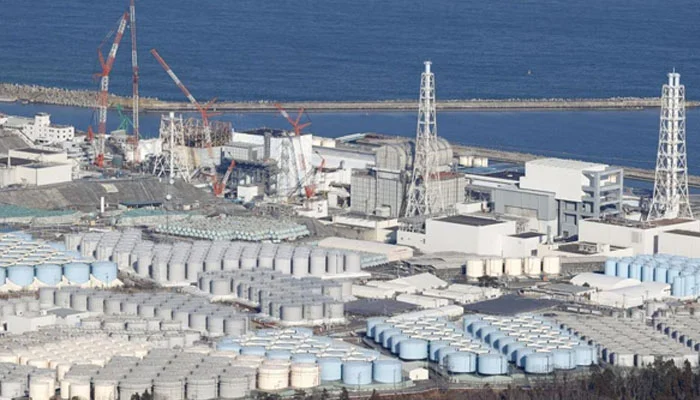Japan’s government has confirmed that it will start releasing more than 1 million metric tonnes of treated radioactive water from the worn-out Fukushima nuclear power plant on Thursday.
The plan, approved two years ago by the Japanese government as crucial to decommissioning the plant operated by Tokyo Electric Power Company (TEPCO), has also faced criticism from local fishing groups fearing reputational damage.
“I expect the water release to start on August 24, weather conditions permitting,” Prime Minister Fumio Kishida said.
The announcement comes a day after the government said it had won “a degree of understanding” from the fishing industry over the release of the water into the Pacific Ocean, even as fishing groups said they still feared the reputational damage would ruin their livelihood, reported Reuters.
The water will initially be released in smaller portions and with extra checks, with the first discharge totalling 7,800 cubic metres over about 17 days starting Thursday, Tepco said.
That water will contain about 190 becquerels of tritium per litre, below the World Health Organisation drinking water limit of 10,000 becquerels per litre, according to Tepco. A becquerel is a unit of radioactivity.
Japan has said that the water release is safe. The International Atomic Energy Agency (IAEA), the U.N. nuclear watchdog, greenlighted the plan in July, saying that it met international standards and that the impact it would have on people and the environment was “negligible”.
About 56% of respondents to a survey conducted by Japanese broadcaster FNN over the weekend said they supported the release, while 37% opposed.



Comments are closed.